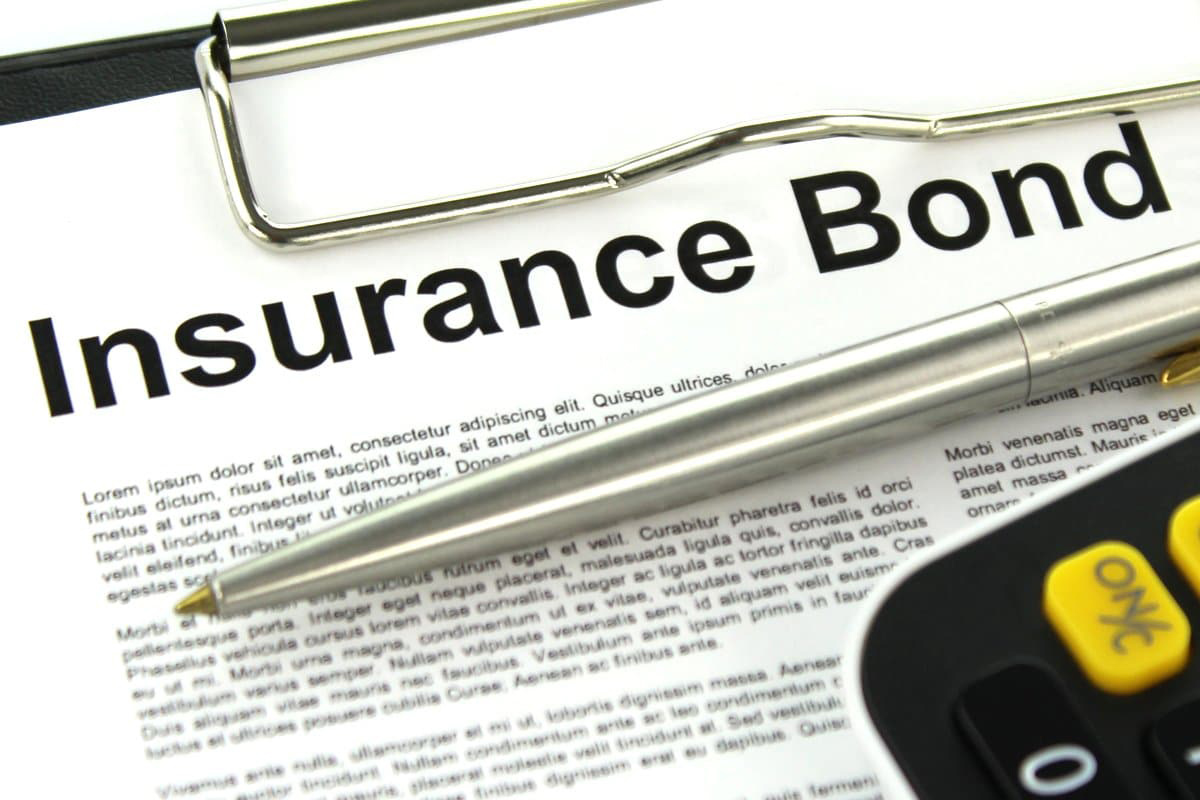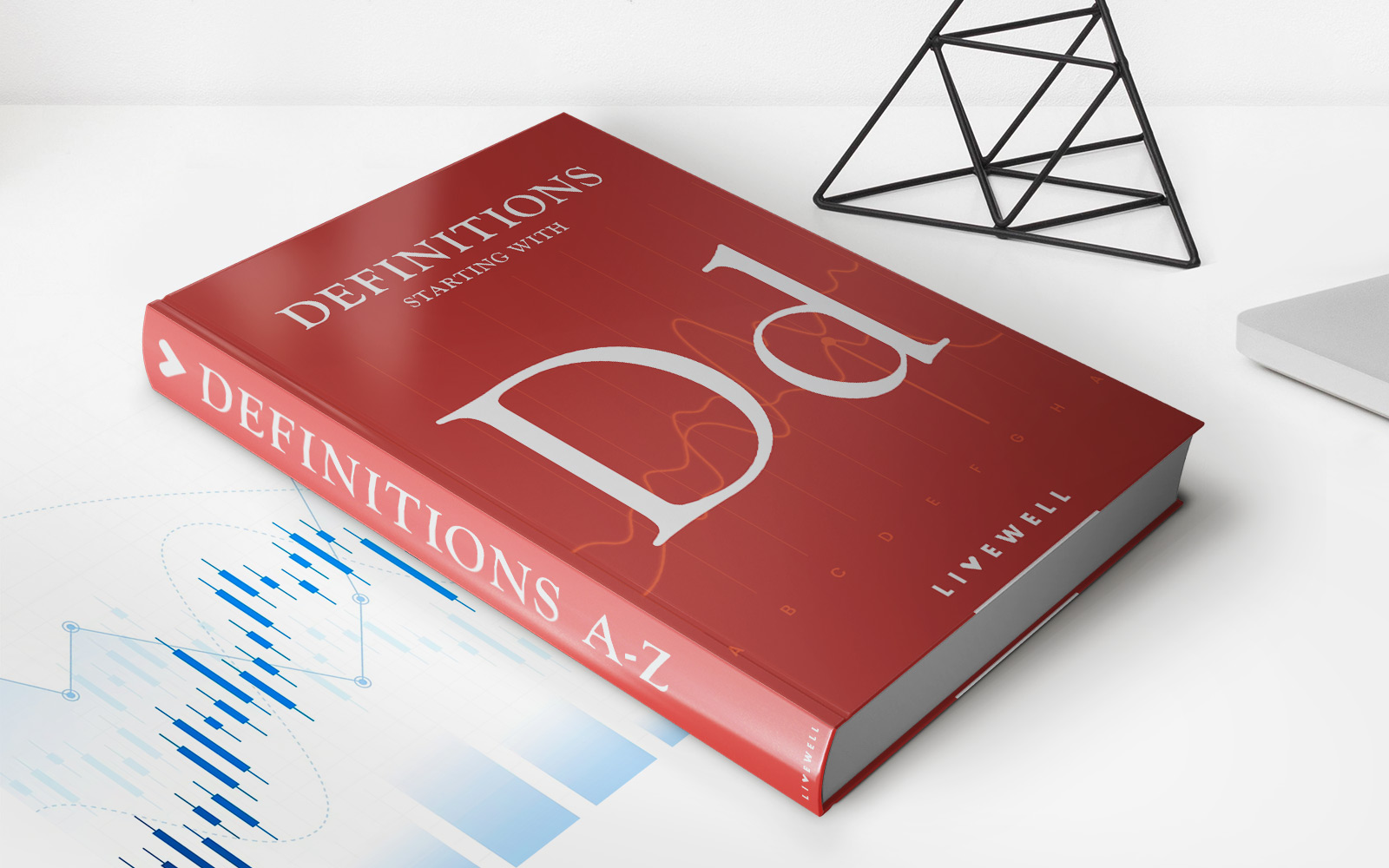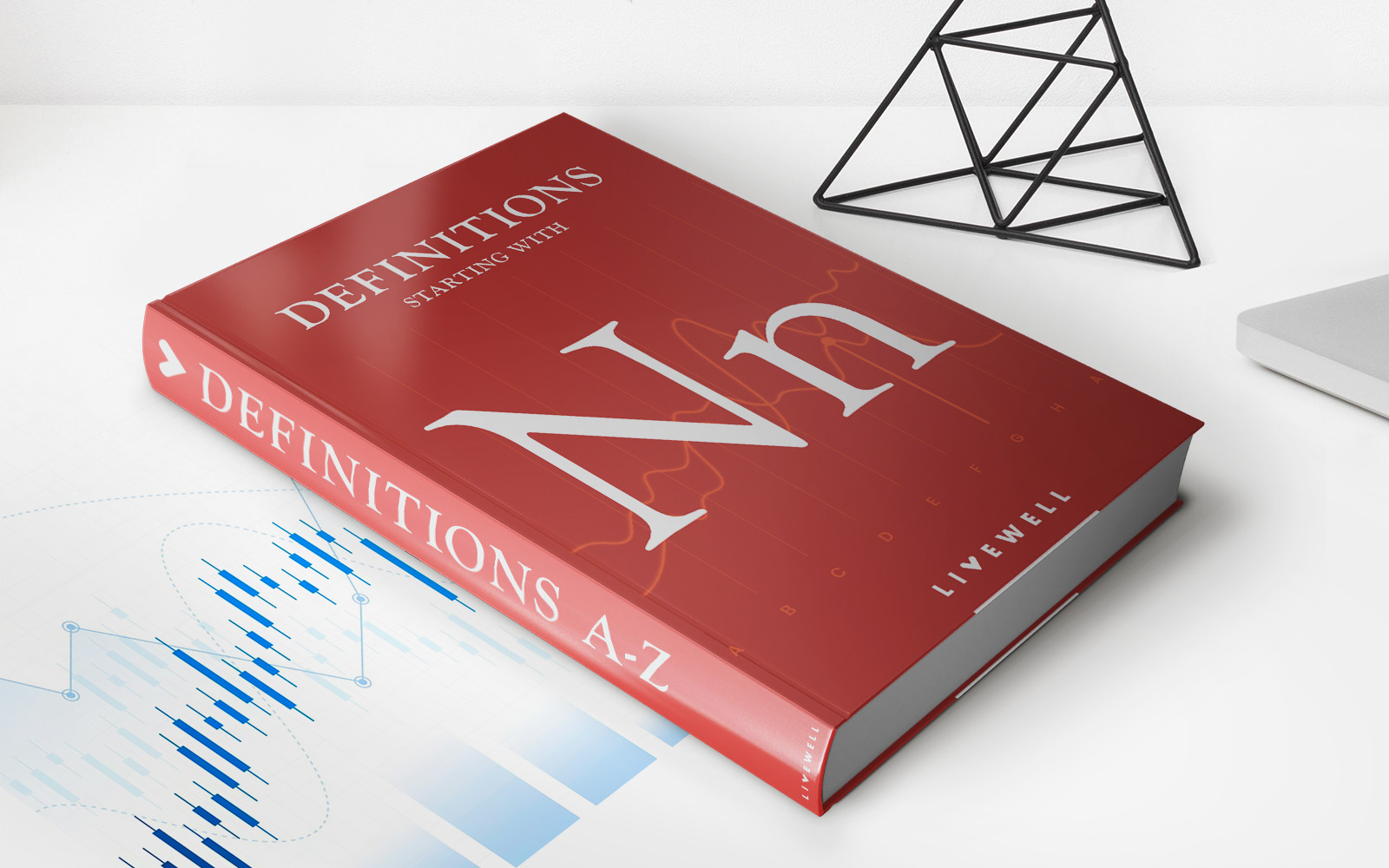

Finance
What Is Peo Insurance?
Published: November 14, 2023
Learn the importance of PEO insurance and how it can safeguard your finances. Protect your business and employees with comprehensive PEO insurance coverage.
(Many of the links in this article redirect to a specific reviewed product. Your purchase of these products through affiliate links helps to generate commission for LiveWell, at no extra cost. Learn more)
Table of Contents
Introduction
Welcome to the world of PEO Insurance! If you’re a business owner or HR professional, you may have come across this term before. But what exactly is PEO Insurance and why is it important? In this article, we will explore the ins and outs of PEO Insurance, from its definition to the benefits it offers.
PEO stands for Professional Employer Organization, which is a company that provides outsourcing services to businesses, taking care of their HR needs. PEO Insurance is an integral part of the services offered by these organizations, providing comprehensive insurance coverage to businesses and their employees.
Running a business comes with a multitude of responsibilities, and one crucial aspect is managing insurance. From workers’ compensation to general liability and health insurance, businesses need to have the right coverage to protect themselves and their employees from potential risks and liabilities. This is where PEO Insurance comes into play, offering a convenient and efficient solution.
In a nutshell, PEO Insurance allows businesses to transfer their insurance responsibilities to a PEO, which then becomes the employer of record for their employees. This means that the PEO takes on the administrative burden of managing insurance policies, handling claims, and ensuring compliance with regulations.
Now that we have a basic understanding of PEO Insurance, let’s dive deeper into how it works and the benefits it can bring to businesses.
Definition of PEO Insurance
PEO Insurance, also known as co-employment insurance or employee leasing insurance, is a type of insurance coverage provided by Professional Employer Organizations (PEOs) to businesses and their employees. It is designed to help businesses outsource their human resources functions, including insurance management, while ensuring comprehensive coverage and compliance with legal requirements.
Under a PEO arrangement, businesses enter into a co-employment relationship with the PEO. This means that while the business retains control over day-to-day operations and decision-making, the PEO assumes certain employer responsibilities, including managing HR functions and providing insurance coverage. PEO Insurance acts as a safety net for businesses, protecting them and their employees from potential risks, liabilities, and financial losses.
PEO Insurance coverage typically includes a range of policies tailored to meet the specific needs of the business and its workforce. These policies may include workers’ compensation, general liability, employment practices liability, professional liability, and employee benefit plans such as health insurance and retirement plans.
One of the key features of PEO Insurance is that it offers a bundled approach to insurance management. Rather than working with multiple insurance carriers and policies, businesses can consolidate their insurance needs under a single PEO Insurance provider. This simplifies the administrative process and reduces the burden of managing multiple policies and premiums.
It’s important to note that PEO Insurance differs from traditional insurance in the sense that it is tied to the co-employment relationship between the PEO and the business. The PEO acts as the legal employer of record for certain employment-related matters, including insurance coverage, while the business remains the worksite employer responsible for day-to-day operations.
Overall, PEO Insurance offers businesses a convenient and comprehensive solution for managing their insurance needs. By partnering with a trusted PEO, businesses can ensure that they have the right coverage in place, comply with legal requirements, and have peace of mind knowing that their employees are protected.
How PEO Insurance Works
Understanding how PEO Insurance works is essential for businesses considering this option. Let’s discuss the key aspects of how PEO Insurance operates:
1. Partnership with a PEO: The first step is to partner with a reputable Professional Employer Organization (PEO) that offers comprehensive insurance services. The business enters into a co-employment relationship with the PEO, allowing the PEO to handle various HR functions, including insurance management.
2. Insurance Assessment: Once partnered with a PEO, the business and the PEO conduct a thorough assessment of the insurance needs. This involves evaluating the risks associated with the business and its industry, identifying any existing insurance policies, and determining the appropriate coverage required.
3. Customized Insurance Plans: Based on the assessment, the PEO creates customized insurance plans tailored to the specific needs of the business and its employees. These plans typically include a combination of essential coverage, such as workers’ compensation, general liability, and employment practices liability insurance.
4. Insurance Administration: The PEO takes on the administrative responsibilities of managing the insurance policies. This includes processing applications, handling claims, renewing policies, and ensuring compliance with state and federal regulations. The PEO becomes the point of contact for insurance-related inquiries and issues.
5. Payroll Deductions: To cover the cost of insurance premiums, the PEO deducts a portion of the employees’ wages from the business’s payroll. This ensures that the insurance premiums are paid timely and accurately without any additional effort from the business.
6. Risk Mitigation: PEO Insurance not only provides coverage but also helps businesses mitigate risks. The PEO assists in implementing safety and risk management programs to prevent workplace accidents, reduce liability exposure, and improve overall compliance. This proactive approach helps businesses maintain a safe work environment and minimize insurance claims.
7. Ongoing Support: Throughout the co-employment relationship, the PEO offers ongoing support and guidance related to insurance matters. They stay updated on changing regulations, market trends, and emerging risks, ensuring that the business remains adequately protected.
By partnering with a PEO and utilizing their insurance services, businesses can streamline insurance administration, access comprehensive coverage, manage costs effectively, and focus on their core operations. It’s important to discuss the specifics of how PEO Insurance works with the chosen PEO provider to ensure a clear understanding of the partnership and its benefits.
Benefits of PEO Insurance
PEO Insurance offers numerous benefits for businesses of all sizes and industries. Let’s explore the advantages of opting for PEO Insurance:
- Comprehensive Coverage: PEO Insurance provides businesses with access to a wide range of insurance policies, including workers’ compensation, general liability, employment practices liability, professional liability, and employee benefits such as health insurance and retirement plans. This comprehensive coverage ensures that businesses and their employees are protected against various risks and liabilities.
- Cost Savings: By pooling together the insurance needs of multiple businesses, PEOs have the ability to negotiate better rates and premiums with insurance carriers. This can result in significant cost savings for businesses compared to purchasing insurance individually.
- Administrative Efficiency: PEO Insurance relieves businesses of the administrative burdens associated with managing insurance policies. The PEO handles tasks such as policy selection, enrollment, claims processing, and compliance. This allows businesses to focus on their core operations and reduces the time and effort spent dealing with complex insurance matters.
- Expertise and Compliance: PEOs have a team of insurance experts who are knowledgeable about the intricacies of different insurance policies and regulations. They can provide guidance on choosing the right coverage, ensure compliance with state and federal laws, and offer risk management support. This expertise helps businesses navigate the complex insurance landscape and minimize potential legal and financial risks.
- Access to Quality Providers: PEO Insurance allows businesses to tap into the network of trusted insurance carriers and providers that the PEO has established relationships with. This ensures access to top-quality coverage from reputable providers who understand the unique needs of businesses in different industries.
- Employee Retention and Attraction: Offering comprehensive insurance coverage as part of the employment package can enhance employee satisfaction and retention. PEO Insurance provides valuable benefits such as health insurance and retirement plans that can attract and retain talented employees, leading to a more stable and productive workforce.
In summary, PEO Insurance offers businesses a range of benefits, including comprehensive coverage, cost savings, administrative efficiency, insurance expertise, access to quality providers, and improved employee retention. By leveraging the expertise of a PEO, businesses can ensure they have the right insurance policies in place to protect their operations, employees, and bottom line.
Types of Coverage Offered by PEO Insurance
PEO Insurance provides businesses with a variety of coverage options to protect against different types of risks. Here are some common types of coverage offered by PEO Insurance:
- Workers’ Compensation: Workers’ compensation insurance protects employees in the event of work-related injuries or illnesses. It covers medical expenses, rehabilitation costs, and lost wages. By providing workers’ compensation coverage, PEO Insurance ensures that businesses comply with state-mandated requirements and protect their employees.
- General Liability: General liability insurance protects businesses from third-party claims of bodily injury, property damage, and personal injury. It covers legal expenses and settlement costs in case of lawsuits or liability claims arising from accidents, slip and falls, or product-related issues. General liability coverage is essential to safeguard businesses from potential financial losses.
- Employment Practices Liability: Employment practices liability insurance (EPLI) provides coverage for claims related to wrongful termination, discrimination, harassment, and other employment-related issues. It protects businesses from costly lawsuits, legal expenses, and potential damage to their reputation. EPLI coverage is particularly important in today’s litigious business environment.
- Professional Liability: Professional liability insurance, also known as errors and omissions (E&O) insurance, is crucial for businesses that provide professional services. It covers claims of negligence, errors, or omissions in the performance of professional duties. Professional liability insurance protects businesses from potential financial losses and damage to their professional reputation.
- Employee Benefit Plans: PEO Insurance often includes employee benefit plans such as health insurance, dental insurance, vision insurance, and retirement plans. These benefits are key factors in attracting and retaining talented employees. PEOs can offer competitive benefit packages by leveraging their collective buying power and negotiating with insurance providers.
- Specialty Coverage: Depending on the industry or specific needs of a business, PEO Insurance may offer specialty coverage. This can include coverage for data breaches and cyber liability, professional indemnity insurance, product liability insurance, commercial auto insurance, and more.
It’s important for businesses to discuss their specific insurance needs with the PEO and tailor the coverage to align with their industry, operations, and risk profile. The PEO’s insurance experts can guide businesses in selecting the right combination of coverage to ensure comprehensive protection.
By offering a range of insurance coverage options, PEO Insurance provides businesses with the peace of mind knowing that they are protected against various risks and liabilities that may arise in their industry.
Factors to Consider Before Choosing a PEO Insurance Provider
Choosing the right PEO Insurance provider is a crucial decision for businesses. Here are some key factors to consider before making your selection:
- Experience and Reputation: Look for a PEO Insurance provider with a proven track record and solid industry reputation. Consider their experience in managing insurance programs and their ability to handle the specific needs of your business.
- Insurance Coverage Options: Evaluate the range of coverage options offered by the PEO. Ensure that they can provide the specific policies and coverage limits you require, tailored to the needs of your industry and business size.
- Network of Insurance Carriers: Inquire about the PEO’s network of insurance carriers. A wide network of reputable insurance providers ensures access to quality coverage and competitive premiums.
- Compliance and Risk Management: Assess the PEO’s expertise in insurance compliance and risk management. They should have a solid understanding of state and federal regulations, as well as proactive strategies to mitigate risk and improve safety practices.
- Claims Handling Process: Understand the PEO’s claims handling process. Ensure that they have a streamlined and efficient claims management system in place to handle claims promptly and accurately.
- Customer Support: Evaluate the level of customer support provided by the PEO. They should be responsive and available to address your insurance-related inquiries and provide guidance when needed.
- Costs and Pricing Structure: Consider the costs and pricing structure of the PEO Insurance provider. Compare their pricing to ensure that it aligns with the coverage provided and offers competitive rates for the industry.
- Industry Expertise: If your business operates in a specific industry, it can be beneficial to choose a PEO Insurance provider with expertise in that industry. They will have a better understanding of the unique risks and insurance needs of your sector.
- Client Reviews and References: Research client reviews and seek references from businesses that have worked with the PEO Insurance provider. This will give you insights into their level of service, reliability, and effectiveness in managing insurance programs.
It’s crucial to thoroughly evaluate and compare multiple PEO Insurance providers before making your final decision. Take the time to assess their capabilities, offerings, and compatibility with your business needs. The right PEO Insurance partner can provide you with the insurance coverage and support necessary to protect your business and employees.
Conclusion
PEO Insurance offers businesses a comprehensive and efficient solution for managing their insurance needs. By partnering with a Professional Employer Organization (PEO), businesses can outsource their HR functions and ensure access to a wide range of insurance coverage options.
PEO Insurance provides businesses with numerous benefits, including cost savings, administrative efficiency, expertise in insurance management and compliance, access to quality insurance providers, and improved employee retention. By transferring certain employer responsibilities to the PEO, businesses can focus on their core operations while the PEO handles insurance administration, claims processing, and risk mitigation.
When choosing a PEO Insurance provider, it’s important to consider factors such as experience, reputation, insurance coverage options, compliance expertise, claims handling process, customer support, pricing structure, industry expertise, and client reviews. Evaluating these factors will help businesses select the PEO Insurance provider that best aligns with their unique needs and requirements.
In conclusion, PEO Insurance provides businesses with the peace of mind knowing that their insurance needs are covered effectively and efficiently. By partnering with a reputable PEO and leveraging their insurance services, businesses can ensure that they have the right coverage in place to protect their operations, employees, and bottom line.














